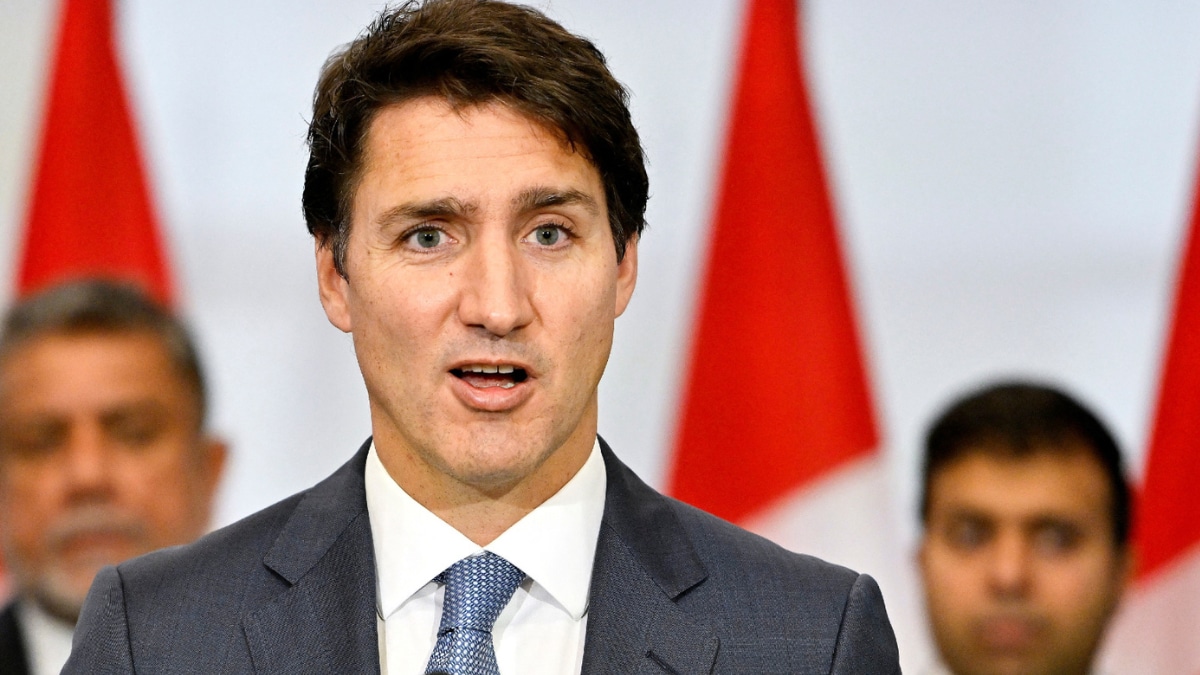Canada Probe into China Election Meddling Ruled Out
Last Updated: May 24, 2023, 04:27 IST

Justin Trudeau’s minority liberal govt has faced increasing pressure to explain how it responded to the allegations that Beijing sought to influence Canada’s democratic process. (Image: Reuters File)
The accusations are based on leaked intelligence documents and unnamed sources included secret campaign donations to Canadian lawmakers
China sought to interfere in Canada’s last two elections but failed to sway the outcome, a top official reviewing allegations of elections meddling said Tuesday.
David Johnston, who was tasked with the investigation after recent media reports of Chinese interference in the 2019 and 2021 ballots also ruled out a public inquiry into the matter demanded by the opposition.
China denies the claims.
“Foreign governments are undoubtedly attempting to influence candidates and voters in Canada,” Johnston, who previously served as governor general, told a news conference.
He concluded, however, that those efforts did not change the outcome of the vote.
He said Canada’s 2019 and 2021 elections “were well protected by sophisticated mechanisms and there is no basis to lack confidence in those results.”
“Moreover, I have found no examples of ministers, the prime minister or their offices knowingly or negligently failing to act on intelligence,” Johnston said.
Prime Minister Justin Trudeau’s minority liberal government has faced increasing pressure to explain how it responded to the allegations that Beijing sought to influence or subvert Canada’s democratic process.
The accusations reported in local media and based on leaked intelligence documents and unnamed sources included secret campaign donations and Chinese operatives working for Canadian candidates or lawmakers in an attempt to influence policy.
More recently, it emerged that Beijing sought to intimidate an opposition Canadian lawmaker and his relatives in Hong Kong over his criticisms of China.
Earlier this month, Ottawa expelled a Chinese diplomat implicated in the scheme.
Beijing, which has called the accusations “groundless,” reacted by sending home a Canadian diplomat while warning that aligning with Washington’s China policy risked sabotaging Canada’s relations with its second-largest trading partner.
Johnston in his interim report, after reviewing original source intelligence files and interviewing senior intelligence officials, rejected calls for a public inquiry to shed light on the accusations and bolster confidence in Canadian elections.
“A public review of classified intelligence simply cannot be done,” he said.
Instead, he said he would hold hearings over the summer and invite testimony from targeted diaspora communities as well as national security and international relations experts.
In his preliminary findings, Johnston noted common foreign interference techniques included cyberattacks, online influence campaigns, disinformation and “the exploitation of human relationships.”
He also identified shortcomings in how intelligence is shared within government, describing “significant and unacceptable gaps in the machinery of government.”
Johnston said it is “a real and growing threat and more remains to be done promptly to strengthen our capacity to detect, deter, and counter foreign interference and elections.”
Johnston is scheduled to release a final report in October.
(This story has not been edited by News18 staff and is published from a syndicated news agency feed – AFP)
For all the latest world News Click Here


